Update and Link
Justice Tiguelo, an UNLV undergraduate English Education student
Sadly, my previous schools did not have anything special for Asian American & Pacific Islander/Hispanic/Native American heritage months.
Beatriz Ponce, an UNLV undergraduate English Education student
I haven't done a study yet, but this year's long list just might be the most diverse list in the history of the award in almost every aspect. The authors, the book themes, and main characters represent a variety of issue within the concepts of race, class, and gender. I will be looking closely as the award moves to a condensed short list and then to the final announcement in mid November.
Why am I worried about this? With the recent announcement by POTUS about stopping and blocking all training about "Critical Race Theory", I worry about how this will impact my students and teachers who are teaching in diverse schools.
Take a look at some of these news articles reporting the story:
- Boston Globe: What is critical race theory, President Trump's latest political target?
- NPR: Trump Tells Agencies To End Trainings On 'White Privilege' And 'Critical Race Theory'
- Fox News: Trump ends 'critical race theory' training for federal employees, calls it a 'sickness'
- NBC: Trump's White House says critical race theory is anti-American. Here's the truth.
- New York Post: White House cancels CDC's 'critical race theory' training after Trump ban
I work at one of the most diverse universities in the country. The preservice teachers do not look like nor do they match the statistical make of the US of A teaching force. That force, despite some movement still looks remarkably white, middle class, and female. My student represent a variety of races and ethnic groups--Filipinos, Vietnamese, Korean, another other Asia communities, Latinx students representing a variety countries form Mexico to Columbia, Black Americans, some from middle eastern countries including Iran, and yes, a few students who represent the traditional teaching force. Do I not address the experiences they share about being marginalized, the microaggressions they suffer, and the various ways their names and their presence was whitewashed in the schools they attended? It is amazing that so many want to turn around and teach in those schools.
I asked two of the students, Beatriz Ponce and Justice Tiguelo who selected to write about ABC for one of their reaction papers if I could share a quote or two. They graciously gave their permission. I leave the excerpts below for your consideration. Their comments point to a wide array of possible discussion topics. Topics not only for within a YA literature course, but within a method courses as pre-service teachers figure out how and what to teach in their future classroom.
Jin wants to erase his culture and he hates his identity. I find this part so devastating; many people feel ashamed to say where they are from because people are racist and quick to judge. I know a couple of Arabs who are afraid to say where they are from because many people will call them “terrorists” and assume they all live in a desert and ride camels.
Jin sounded like a bully himself and he would often tell Wei-Chen to stop acting like he was fresh out the boat. These were such hurtful racist words that almost made me cry because I did not speak English when I started school. I did not want to go to school because I couldn’t understand what my teachers were saying.
Sadly, my previous schools did not have anything special for Asian American & Pacific Islander/Hispanic/Native American heritage months. I wish I could’ve read this during Asian American Heritage month because it addresses race and the journey of embracing who you are despite society constantly holding stereotypes over your head. This novel is going to be in my classroom library.
In today’s media dominated culture, visibility of a diverse array of experiences presented through the lens of different racial and ethnic backgrounds has such an important role in preserving the sanity of young adults in America. Works that are made by a diverse group of creators, that explore the unconventional, and that speak the unspoken help youth navigate the chaos of living. I think that the institution of education hasn’t assumed enough responsibility in making these works available and accessible to students.
Being able to see oneself reflected in texts that are used at school can help marginalized students finally understand that their experiences are valid. Even if a work does not exactly represent every group that has ever been oppressed, the concept of intersectionality means that each student can find meaning in the work.
By teaching novels like ABC, educators can heal the rift between occurrences like tokenism and implicit biases that can exist in an educational environment that lacks diversity.
Given the history of this country and the continuity of that history, novels like ABC gives students a space to decode and deconstruct the multitude of contextually charged messages they are bombarded with on a daily basis. It helps teachers educate generations of students who will be deeply and profoundly aware of what it means to be human.
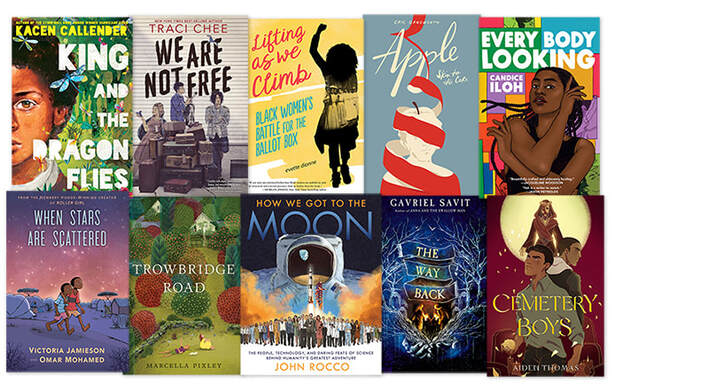
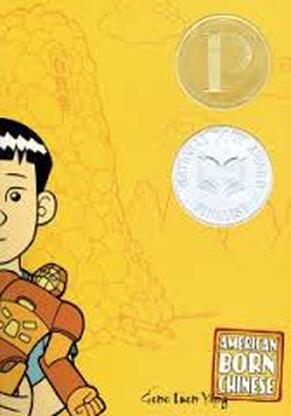
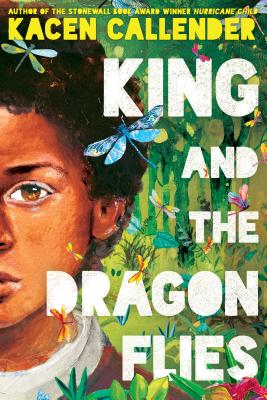
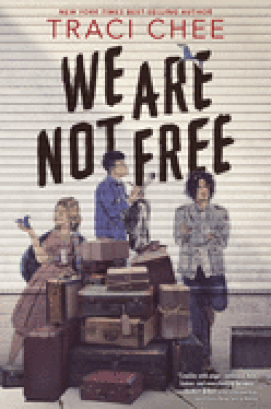
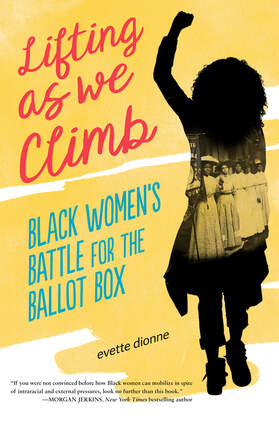
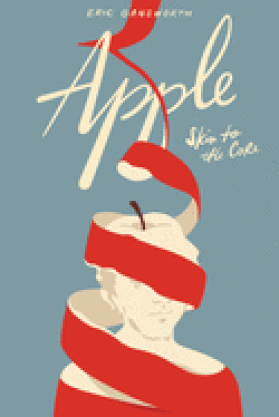
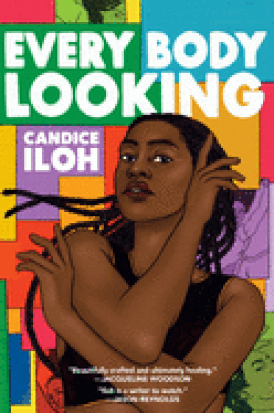
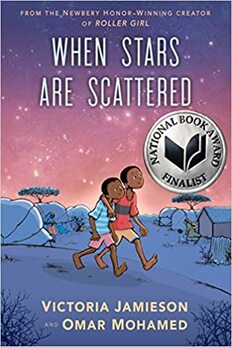
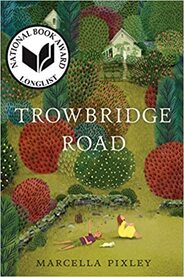
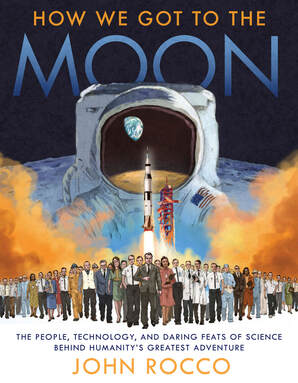
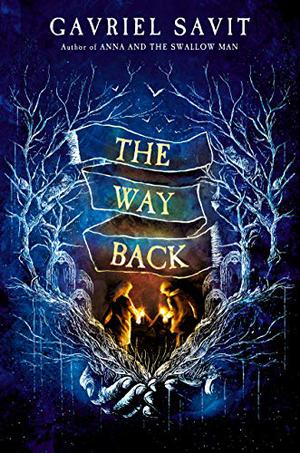
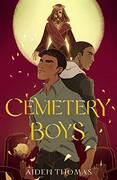

 RSS Feed
RSS Feed